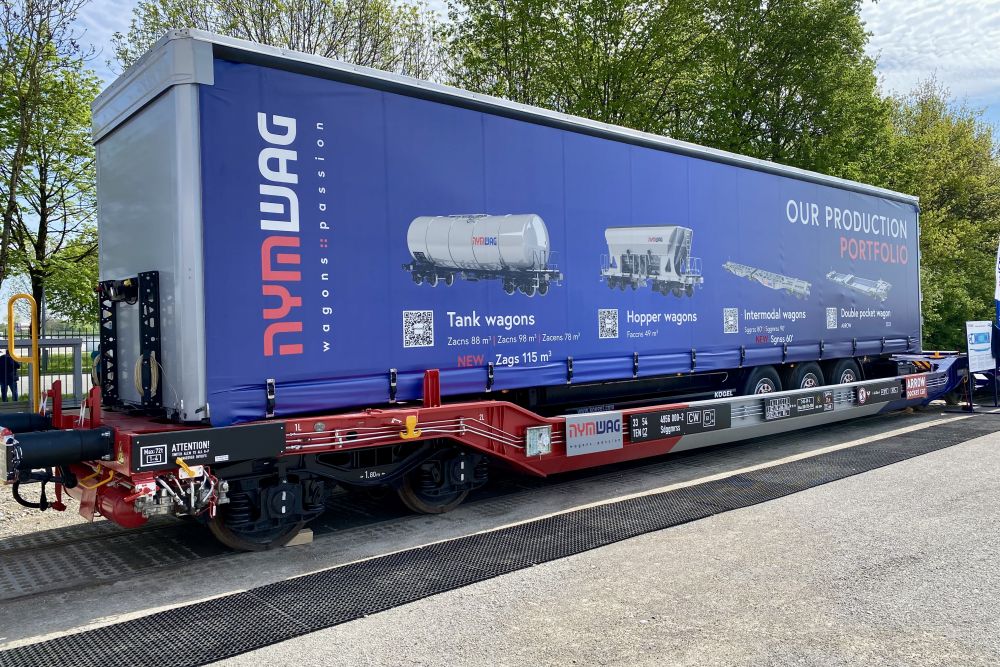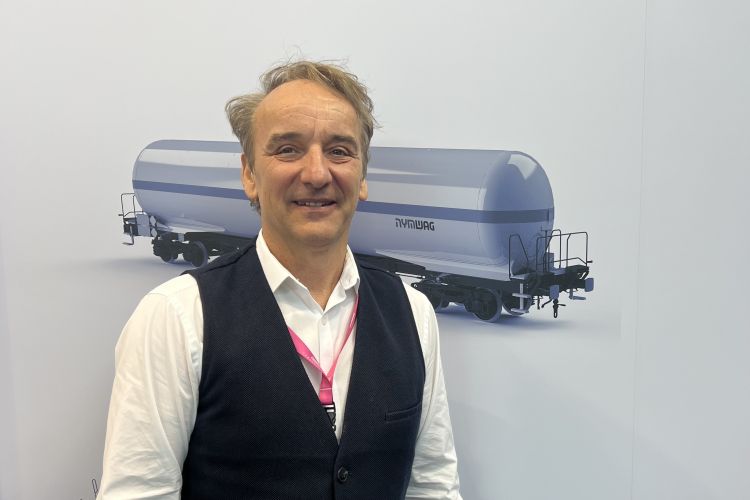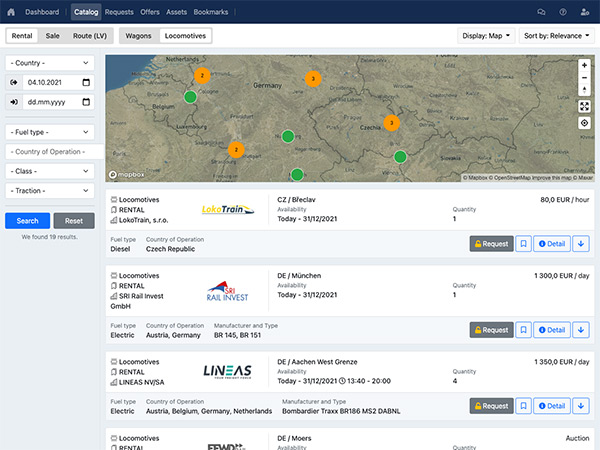In the first part of the interview, Petr Vlcek, founder of the wagon manufacturing company NYMWAG, talks about the challenges they faced in the early days. Starting from scratch, they focused on the production of freight wagons and wanted to enter the market quickly. Instead of a lengthy preparation process, they adopted a "punk style" approach, starting production as soon as possible and making improvements along the way. They bought licences for the designs, allowing them to start production within four months and sell their first car in the fifth month. Despite the difficulties of finding their first customers and managing the COVID-19 pandemic, the company experienced significant growth, becoming the third largest manufacturer in Europe and employing around 700 people by 2021. Managing rapid expansion brought its own challenges, including the need to carefully manage recruitment and potential capital overheating. With a diverse workforce made up of employees from 11 different nationalities, the company worked to promote understanding, respect cultural differences and support foreign workers.
Here is the second part:
RM: On your website you have a quote from Warren Buffett: "Without passion you have no energy, without energy you have nothing." With your energy, have you been able to achieve your goal for last year of becoming the third largest European manufacturer with a capacity of 1,500 wagons, as you had planned?
Petr Vlcek: Our motto is "Wagons: a passion", and I think it says it all. Of course, we have Buffett's quote on our website, because if you love something, you have passion. I really make sure that we have a positive atmosphere in the company. That's absolutely crucial for us. We have a lot of people in the company who commute over 60 miles every day because it's there, the passion is just so obvious.
As far as the business is concerned, we haven't produced 1,500 cars yet, but this year we'll be over 1,000 for the first time. That's because the market has changed completely. We have always produced more container wagons, about two-thirds were container wagons, one-third were tank wagons. Last year it looked as if tank wagons were going to be stopped because of all the media reports that they were going to stop using fossil fuel engines and so on. So we already had a project to stop the tankers. The opposite has happened because of Ukraine. Suddenly everybody needs to transport oil products, chemical products in tankers. So we turned it around and we did such a masterpiece again that we managed to go from a capacity of 40 tankers a month to a factory that produces 100 tankers a month in three months and we sell them all. So now we're doing 120 wagons a month, but we're not up to 1,500 yet - containers have gone down a lot. But we're going to break 1,000 wagons for the first time this year, which will definitely be a big reason to celebrate.
RM: You delivered 112 wagons to your first Czech customer ČD Cargo, but otherwise you supply the biggest European companies. What is the ratio between your deliveries to the Czech Republic and Europe?
Petr Vlcek: It was the first time that Nymwag participated in the tender of ČD Cargo and to our delight we won. We can say that it was a surprise for everyone, but we are very happy about it because it seems logical to me that a Czech carrier should have wagons from a Czech manufacturer, if possible. Of course, the quality, price and delivery times have to be right, and they are. We now have an excellent relationship and it is a pleasure and an honour to work for Czech ČD Cargo.
Apart from that, our customers are mainly from Western Europe. They are mostly companies that own thousands, tens of thousands of wagons that they lease. The situation in Ukraine has also brought something new. A lot of companies that used to lease wagons want to buy them, because suddenly there is a situation where nobody will lend them the wagon. Everyone wanted grain and coal wagons, so they immediately disappeared from the market. And suddenly the smaller customers, who don't have that much market power, realised that they were actually being squeezed out a bit. At that point they thought it's better to buy the wagon themselves, which of course is good for us.
RM: So flexibility is starting to play a big role.
Petr Vlcek: Here at the show (Transport & Logistic in Munich) the word flexibility is used a lot. It's no longer just a phrase like it used to be, that everyone is flexible. Now it's really a question of who can react quickly. Because the railcar market is a very conservative business. We all like it best when everything stays the same. It's been pretty much the same for the last 20 years. Every year there have been about the same number of cars ordered. In the last two or three years, since we started Nymwag, it's been a bit more turbulent. Even Covid has changed the market behaviour. The war in Ukraine has had a huge impact on the market. In fact, the whole logistics has changed, so these are things we have to react to. On the other hand, if there were no such things and it was always the same, we would not enjoy about it.
RM: With all these changes, can you still meet the demand?
Petr Vlcek: We are managing, but I think if there were some good orders we could add more. If our production managers heard me now, they'd say I'm crazy, but we still have some capacity.
RM: Is the digitalisation of the railway helping you in any way?
Petr Vlcek: It has almost no effect on us.
RM: Not even in terms of rolling stock maintenance? There is a lot of discussion in Europe at the moment about online monitoring of the condition of rolling stock and the subsequent exchange of data. This could address issues such as operational safety, early detection of defects, etc.
Petr Vlcek: It's interesting that these are things that already work in the normal world. Today, starting with smart watches, you know everything about yourself, you know everything about your car, everything about anything. And you understand much less about wagons. So I think there's a lot of room and there are certainly changes from the user's point of view, but for us as a manufacturer it doesn't affect us that much.
RM: Last question, where do you see the rolling stock segment in 10 years' time?
Petr Vlcek: That's a rather complex question. It depends on how the industry develops in Europe. Today, it's not exactly the case that Europe is some kind of pike where business is going well, so we're very cautious. On the other hand, there are about 800,000, one million wagons in Europe that need to be renewed all the time. The average age of that fleet is over 30 years, so there's always going to be scrapping to keep that production going. So I wouldn't expect any major changes in the production of freight wagons.


